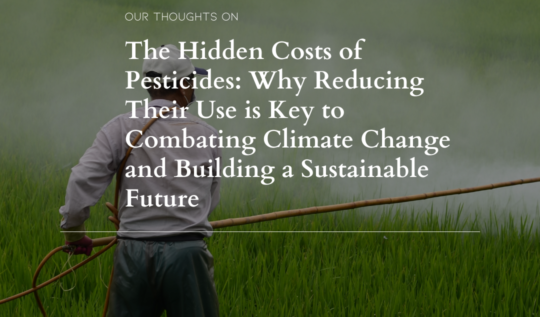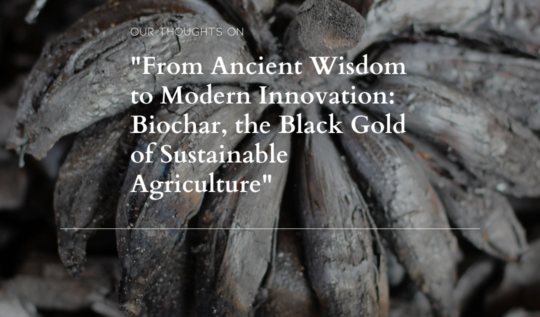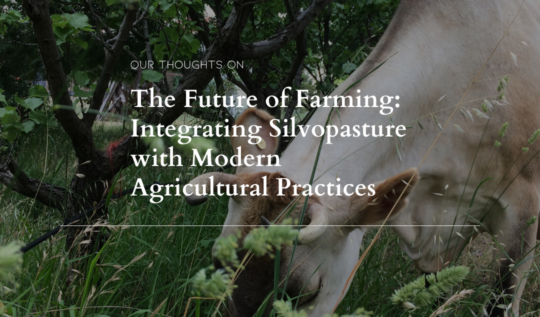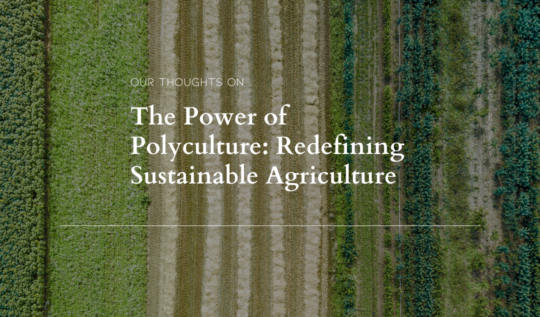In the quest for sustainable living and environmentally friendly practices, composting stands out as a simple yet powerful solution. It’s a process that transforms kitchen scraps and yard waste into a nutrient-rich soil amendment, often referred to as “black gold” for gardeners. Let’s explore the remarkable power of composting and how we can harness it to enrich our gardens, reduce waste, and contribute to a healthier planet.
Why Compost?
Every year, millions of tons of organic waste end up in landfills, where they decompose anaerobically, producing methane—a potent greenhouse gas. Composting offers a sustainable alternative by diverting this waste from landfills and converting it into a valuable resource for soil health and plant growth.
How Does Composting Work?
Composting is a natural biological process when organic materials such as kitchen scraps, yard trimmings, and paper products are broken down by microorganisms, including bacteria, fungi, and earthworms. These microorganisms require the right balance of carbon (from “browns” like dried leaves or paper) and nitrogen (from “greens” like fruit and vegetable scraps) to thrive.
Benefits of Compost:
- Nutrient-Rich Soil Amendment: Compost is packed with essential nutrients like nitrogen, phosphorus, and potassium, as well as micronutrients necessary for plant growth. Adding compost to soil improves its structure, fertility, and water retention, leading to healthier plants and increased yields.
- Reduced Need for Chemical Fertilizers: By providing a natural source of nutrients, compost reduces the reliance on synthetic fertilizers, which can leach into waterways and harm the environment. Organic gardening practices, including composting, help maintain soil health and minimize environmental impacts.
- Improved Soil Health: Compost enhances soil structure, promoting better aeration and drainage while reducing erosion and compaction. Healthy soil teeming with beneficial microorganisms supports a diverse plant and soil life ecosystem, contributing to overall garden resilience.
- Waste Reduction: Composting diverts organic waste from landfills, where it would otherwise generate methane—a greenhouse gas with a much higher warming potential than carbon dioxide. By recycling kitchen scraps and yard waste into compost, individuals can significantly reduce their carbon footprint and contribute to a more circular economy.
Getting Started with Composting:
- Choose a Composting Method: Whether it’s a traditional bin, a tumbler, or a vermicomposting system (using worms), there are various methods to suit different space constraints and preferences.
- Collect Organic Materials: Gather a mix of “greens” (fruit and vegetable scraps, coffee grounds) and “browns” (dried leaves, shredded paper, cardboard) to create a balanced compost pile.
- Layer and Maintain: Alternate layers of greens and browns, keeping the pile moist but not waterlogged. Turn or aerate the compost regularly to encourage decomposition and prevent odors.
- Patience and Observation: Composting is a gradual process that requires time and patience. Monitor the temperature, moisture levels, and decomposition progress to ensure optimal conditions for microbial activity.
- Harvest and Use: Once the compost has matured into a dark, crumbly texture with an earthy smell, it’s ready to use in the garden. Spread it as a mulch, mix it into planting beds, or create nutrient-rich potting mixes for container gardening.
Composting is a simple yet impactful way for individuals to reduce waste, enrich their gardens, and promote environmental sustainability. By harnessing the power of compost, we can turn kitchen scraps into garden gold, closing the loop on the organic cycle and nurturing healthier, more resilient ecosystems. Whether you’re an experienced gardener or a beginner, incorporating composting into your routine can make a tangible difference—for your plants, soil, and the planet.




